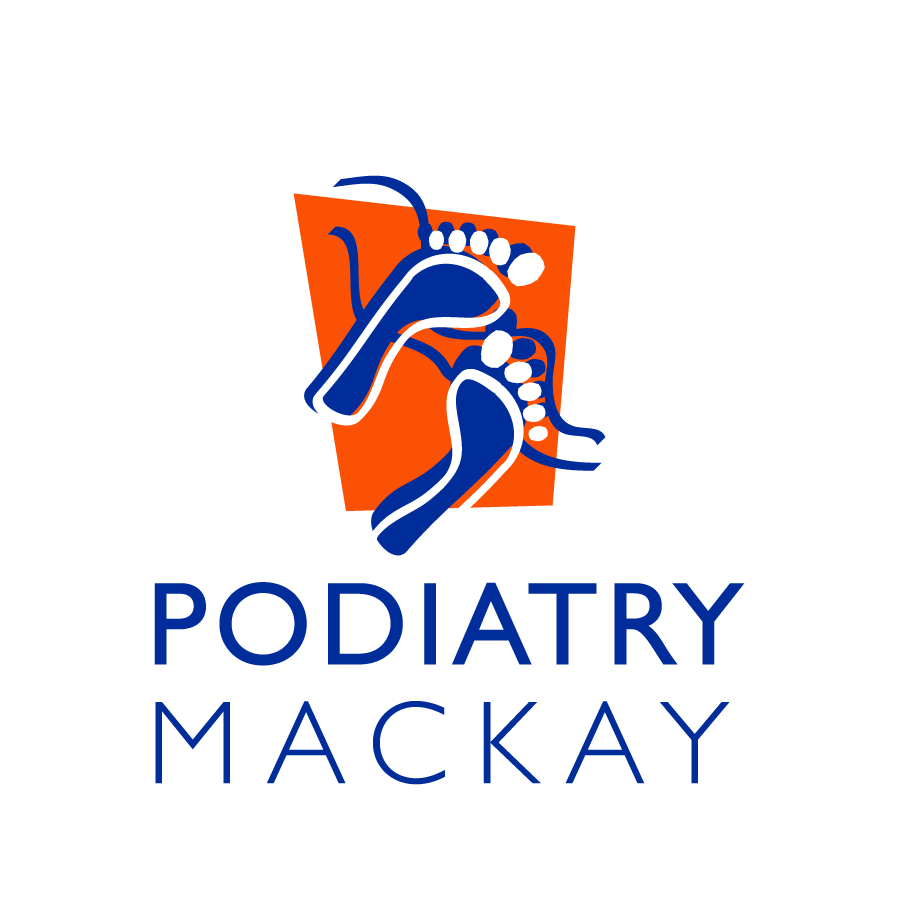Rheumatoid Arthritis and your Feet
What is it?
Rheumatoid Arthritis is an auto-immune disease that can cause chronic inflammation of many different body systems. Primarily it affects joints but can also affect many different tissues and organs throughout the body. It is associated with joint destruction which can lead to pain, disability, loss of function, and overall reduce one’s quality of life.
The causes of Rheumatoid Arthritis are still not fully understood. Essentially, the body's immune system when functioning normally fights infections; however, when a person is diagnosed with an autoimmune disease the body's immune system begins to attack itself, thinking it is doing the right job.
Symptoms:
pain or stiffness in the toe joints or in the joints and ligaments throughout the foot
persistent aching or soreness in the feet, especially after walking, running, or standing for long periods of time
abnormal warmth in one or more areas of the foot, even if the rest of the body is relatively cool
swelling, especially in one or more toe joints or in your ankles
How is it diagnosed?
Rheumatiod arthritis can be difficult to diagnose as there are many disease and disease process which have similar presentations. Blood tests and X-Rays are required however, may show normal results months after the onset of joint pain and disability. Clinical examination evaluating specific findings and presentations such as early morning stiffness, more than 3 joints being affected, nodules over the joints and blood test results with certain chemical markers normally suggest a diagnosis of rheumatiod arthritis.
Possible treatments:
Pain and symptomatic control with paracetamol or non-steriodal anti-inflammatories
Disease modifying anti-rheumatic drugs (DMARDs) - Prescribed by a GP
Dietary supplements
Alternative physical therapies (RICE, laser, therapeutic ultrasound, acupuncture)
Custom Orthotics
Footwear advice
Surgery
Exercise
What can you do to prevent these conditions from occurring?
Regularly visit your Podiatrist for a general foot check-up (frequency of visits depends on your disease progression – this will be highlighted at your first consultation).
Maintain a healthy diet and regular physical activity
Avoid tight fitting footwear.
Seek advice early
